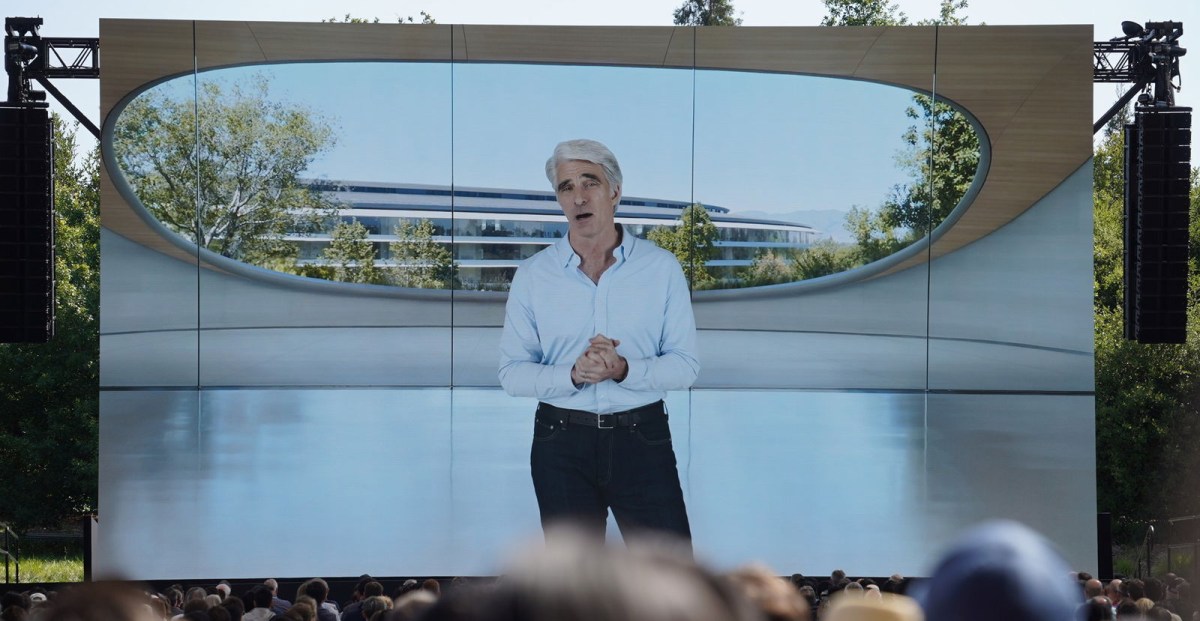In a recent discussion about Apple’s advancements in artificial intelligence, Craig Federighi, Apple’s Senior Vice President of Software, candidly revealed that the company’s first attempt to enhance Siri did not meet the desired standards. This confirmation comes on the heels of Apple’s decision to postpone the launch of its upgraded Siri, initially slated for release in March this year. At that time, the company stated, “it’s going to take us longer than we thought to deliver” the anticipated features.
During the annual Worldwide Developers Conference (WWDC) this week, Federighi and Greg Joswiak, Senior Vice President of Worldwide Marketing, provided further insights into the delay during an interview with Joanna Stern from The Wall Street Journal.
As part of Apple’s initial revelations concerning Apple Intelligence, the tech giant unveiled plans for a revamped Siri that would possess personal contextual awareness and the capability to perform tasks within applications. Federighi emphasized that despite demonstrating authentic software at the conference, Siri “didn’t converge in the way, quality-wise, that we needed it to.” He stressed that Apple aimed for an assistant that was “really, really reliable,” but unfortunately, they were unable to ensure that reliability within the anticipated timeframe.
Joswiak expressed concern over customer expectations, stating, “Look, we don’t want to disappoint customers. We never do. But it would’ve been more disappointing to ship something that didn’t hit our quality standard, that had an error rate that we felt was unacceptable. So we made what we thought was the best decision. I’d make it again.”
When questioned by Stern regarding Apple’s inability to achieve success with its extensive resources, Federighi remarked, “When it comes to automating capabilities on devices in a reliable way, no one’s doing it really well right now. We wanted to be the first. We wanted to do it best.” He acknowledged that while the team had experienced “very promising early results and working initial versions,” they ultimately concluded, “this just doesn’t work reliably enough to be an Apple product.”

